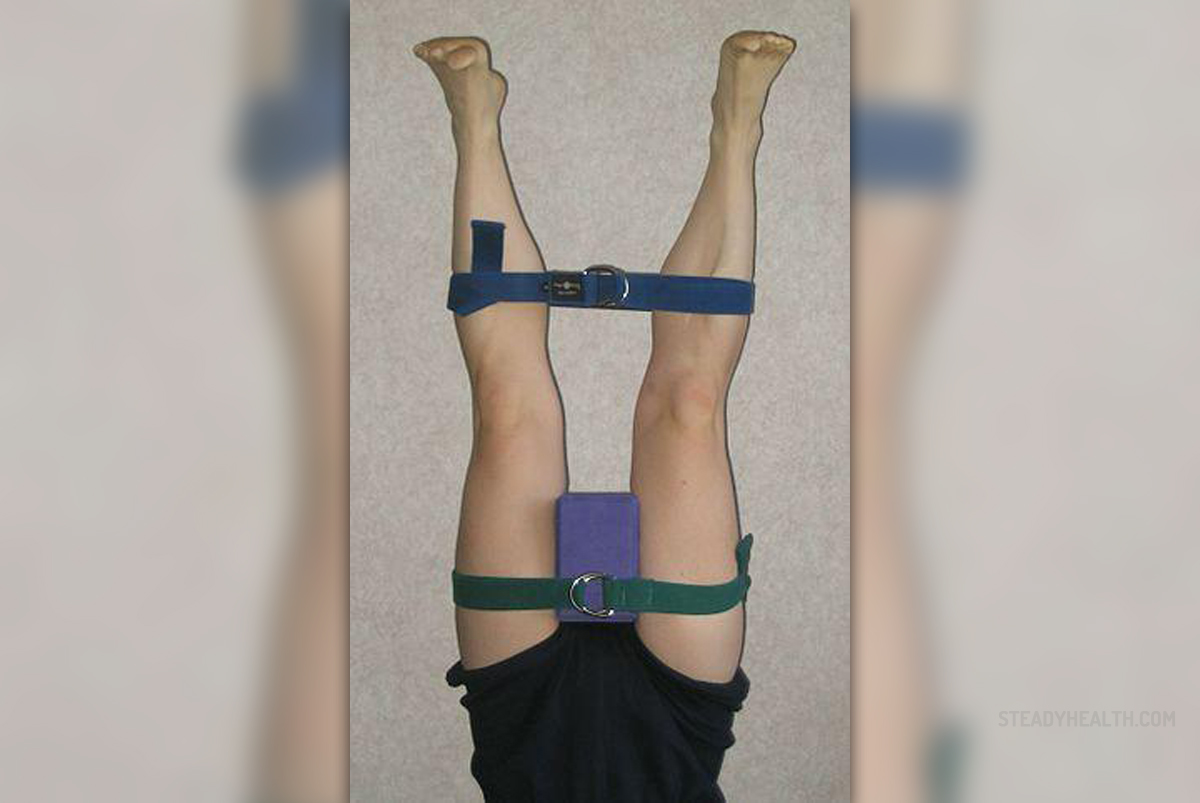
Human body consists of many muscles and muscles connect different tissues in our body. Muscles are normally divided into different categories, depending on their function and composition, so we have skeletal, smooth and cardiac muscles. Skeletal muscles connect the bones of the human skeletal system and they are considered to be voluntary in nature. This means that we can decide to move and control the movement of these muscles. Another type of muscles includes involuntary muscles and these cannot be controlled. Involuntary muscles are smooth muscles found in blood vessels and organs throughout the body. Cardiac muscles are located only in the heart and they are quite different from smooth or skeletal muscles.
Sudden pull of the muscle is known as a muscle twitch. This can happen at any time of the day or night and in any part of the body, including the legs.What Can Cause Muscle Twitching in Legs?
Overexertion of leg muscles is probably the most common cause of muscle twitches as well as some accompanying muscle cramps. Sometimes, people tend to experience these problems when the body starts to rest, especially during the night and the twitching may become even more prominent at that time.
Poor circulation in the legs is another reason that may lead to muscle twitching in the legs. Poor nutrition is yet additional reason that may be hidden behind muscle twitching. Nutritional deficiency can cause depletion of different electrolytes in the body such as sodium and potassium or some other and lead to muscle twitches in the legs or even in the whole body. The original cause of poor nutrition and muscle twitches usually includes improper diet or some diseases.
Spasms in the legs might develop as a result of some neurological problems in the body which have weakened the affected muscles. Poisoning, liver cirrhosis and sarcoidosis are medical conditions known to be characterized by chronic muscle twitching and the same can affect patients who have been on chemotherapy or on dialysis.
Drugs such as diuretics, steroids, blood thinners, penicillamine or nicotinic acid may lead to muscle twitching as well. Addiction to alcohol and nicotine is also probable explanation for involuntary muscle contractions in the legs.
How to Treat This Problem?
Minor muscle spasms are not something to be worried about as most people already know. However, this problem should be properly diagnosed, so visit your doctor and consult him/her. If you experience some additional muscle pain, your doctor may prescribe pain killers.
Most people use some home remedies to ease or resolve muscle twitching in the legs. You may elevate your legs on a stack of pillows, apply some warm or cold compresses, drink chamomile tea or massage the legs with warm olive oil.



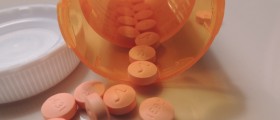





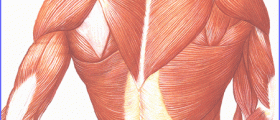

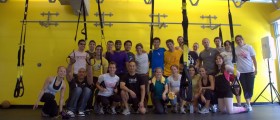

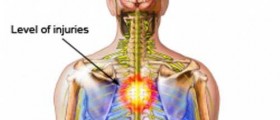



Your thoughts on this
Loading...